Learning Difficulties in Young Children
[Photo: White77/Pixabay]
You know your child is bright, but there seems to be a problem learning to read, following directions, and being ‘good’ at school and at home. What could be the problem? It could be a learning disability. Learning disabilities are due to genetic or neurobiological factors that alter brain functioning in a manner which affects one or more cognitive processes related to learning. These processing problems can interfere with basic skills such as reading, writing and/or math. Higher level skills such as organization, time planning, reasoning, and long or short term memory and attention may also be affected.
Learning disabilities can affect as many as 15% of school-age children. Some examples of learning disabilities include dyslexia, short term/long term memory problems, attention deficit disorder, and attention deficit hyperactivity disorder. All are treatable and with the right diagnosis all can succeed in school and life.
What are some of the signs of a learning disability?
Difficulty understanding and following instructions
Trouble remembering what someone just said
Fails to master reading, writing, and/or math skills
Has difficulty knowing left from right, confusing numbers (12 and 21) for example
Lacks coordination in walking, sports, or small activities like holding a pencil or tying a shoelace
Easily loses or misplaces homework, schoolbooks, or other items
Cannot understand the concept of time or is confused by yesterday, today, tomorrow
Has a speech problem
[Photo: ArtsyBee/Pixabay]
Exhibiting these signs does not mean your child has a learning disability, but if the problem persists for an extended period of time and you suspect your child may have a learning disability, talk to a psychologist and have your child tested. Children with undiagnosed learning disabilities often have a hard time overcoming frustration of repeated failures. Without the proper help, they may feel dumb, leading to low self-esteem and behavior problems.
Much of your child’s success depends upon your guidance and attitude. Discover how your child learns best and figure out what works to help your child’s academic success.

![[Photo: White77/Pixabay]](https://images.squarespace-cdn.com/content/v1/5cc744f0b2cf7987ab93d744/1601394009478-FU1TVW15GY3SAFPVMOW6/boys-286245_960_720.jpg)
